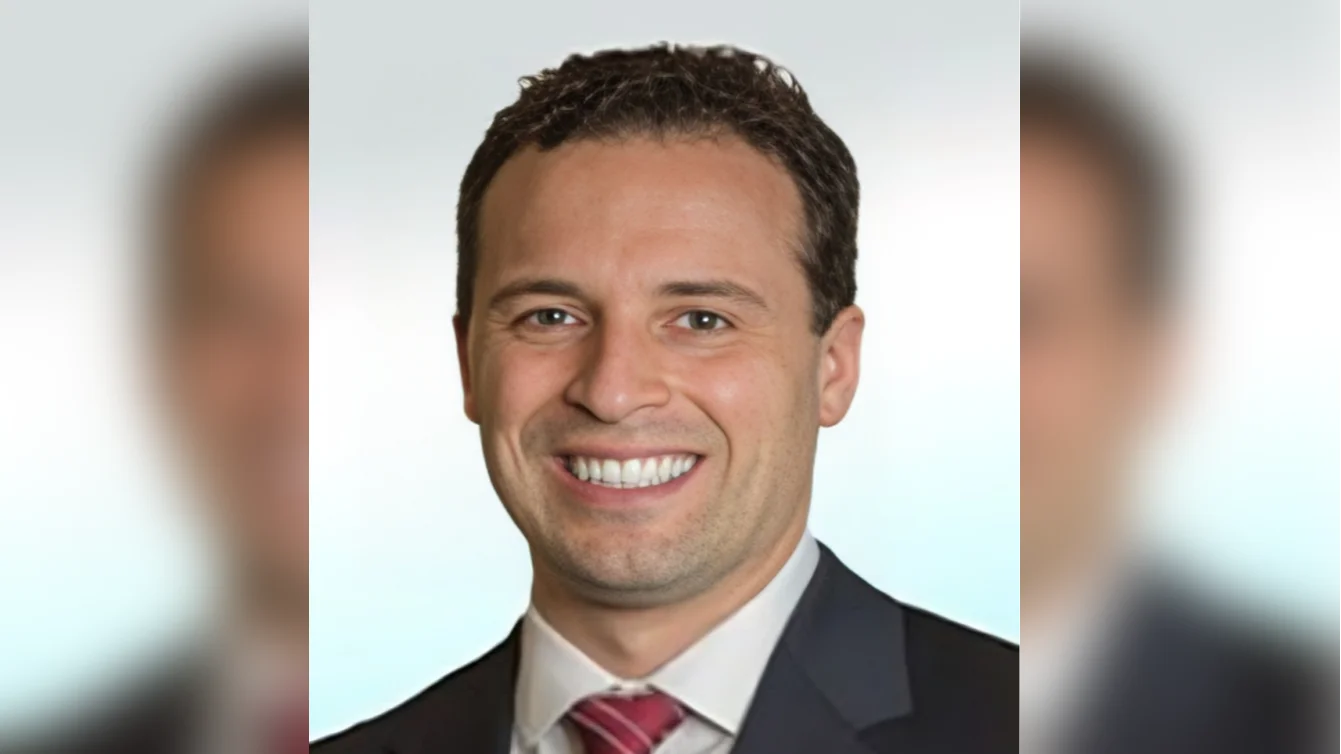
On September 26, 2023, Alex Daniel, counsel for the New Jersey Civil Justice Institute (NJCJI), appeared before the New Jersey Supreme Court to oppose efforts to expand consumer fraud liability for businesses and service providers across the state. The case, DeSimone v. Springpoint Senior Living, Inc., centers on allegations that a collection of continuing care retirement communities defrauded potential residents and their families by advertising a 90 percent refund of a deceased resident’s entrance fee, less specific healthcare costs. However, the defendants' agreement included a provision stating that the refund was limited to “the lesser of the original entrance fee or the subsequent resident’s entrance fee.”
Following his mother’s death, the plaintiff filed a class action complaint alleging that this “lesser of” provision constituted consumer fraud under the New Jersey Consumer Fraud Act (CFA). He claimed that he and his mother were misled into believing they would receive a 90 percent refund based on her entrance fee rather than a potentially lower amount paid by a subsequent resident. Additionally, he argued that under Section 2.11 of the Truth in Menus Act (TMA), he and all class members were entitled to a full refund without reductions for specified healthcare costs.
The TMA allows restaurant patrons to recover full refunds if restaurants misrepresent food items on menus. Applying Section 2.11's remedy to this case would significantly increase damages awards, which could be trebled under the CFA. The plaintiff contended that previous New Jersey Supreme Court decisions supported applying TMA provisions to continuing care retirement communities.
During oral arguments, Daniel asserted that Section 2.11's refund provision was never intended by legislators to apply beyond restaurant menu misrepresentations and does not create a general refund remedy in all CFA cases. He dissected past court opinions to argue that no prior ruling had addressed Section 2.11's scope as broadly as suggested by the plaintiff.
Members of the Court expressed doubts about extending Section 2.11's application as proposed by the plaintiff. Several Justices noted that previous references to Section 2.11 in other cases seemed non-binding and highlighted legislative history focusing specifically on food menu misrepresentations as justification for its adoption.
Chief Justice Rabner and Associate Justices Patterson, Solomon, Pierre-Louis, Fasciale, Wainer Apter, and Noriega presided over oral arguments with NJCJI expecting a decision in coming months.